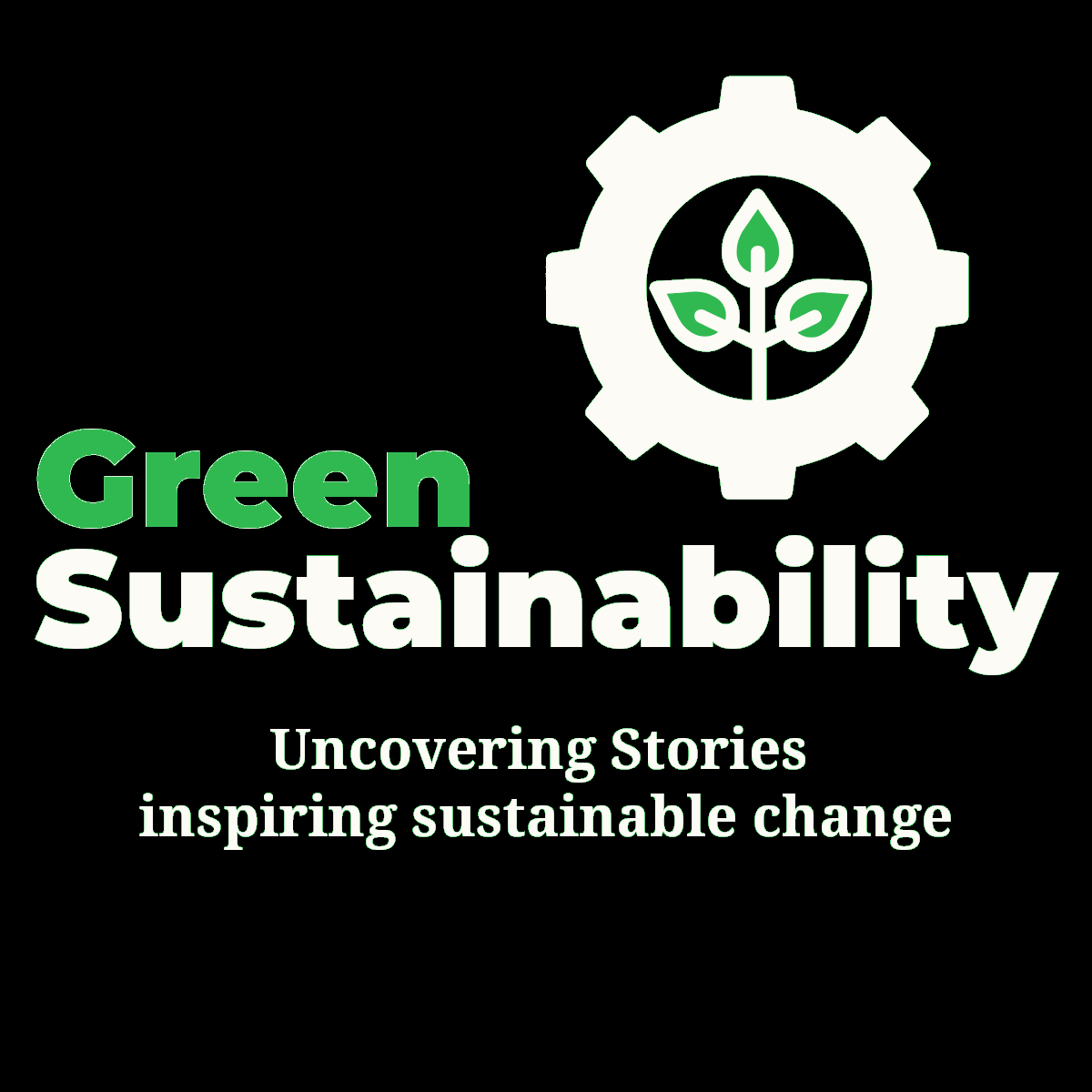

Although people in Britain are reputed to be 'a nation of animal lovers' there are those who can also be extremely cruel to their pets. The RSPCA and other animal welfare organisations are called upon to deal with thousands upon thousands of direct cases of cruelty each year. Pets turned loose when the family goes away on holiday, unwanted puppies or kittens placed in sacks and left on roadsides or in ponds and rivers, animals starved or beaten for no reason - all these form part of a sad list of cases. Other owners may be unintentionally cruel via kindness, feeding their pets with inappropriate types or quantities of food, leading to painful or fatal health consequences for the animals.
Humans have domesticated animals to keep as companions over the years but, in doing so, numerous problematic issues have arisen. Aside from direct cruelty, there are the effects that demands for certain breeds and characteristics have had on animals such as dogs. Some breeds, such as the pug, have been bred to have ‘cute’ flat faces with big bulging eyes. As a result of years of such breeding, many purebred pugs now struggle to breathe and others have eye problems as their eyeballs protrude too far from their heads. There is also the issue of overpopulation, with millions of perfectly healthy animals put to sleep each year due to having no-one to home them, whilst breeders continue to produce more and more animals to meet demand for the ‘right’ kid of pet.
As well as domesticated animals, people enjoy keeping a wide range of wild animals in their homes, from birds and lizards to snakes and fish. Some would argue that these animals are well loved and cared for, whereas animal rights campaigners may disagree, suggesting that creatures deserve a right to live in their natural habitat rather than in a cage, and that keeping pets at all continues cruelty to other animals, since so many are killed making pet food.
Our Supporters



.png)




















.png)



















































